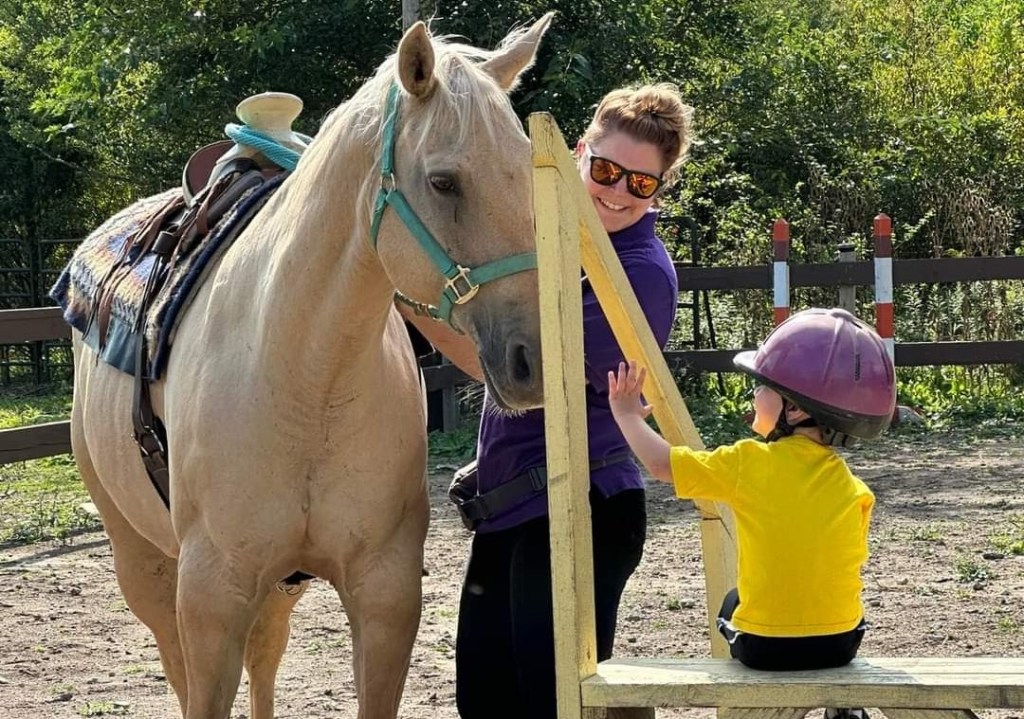The Will County Board on Thursday approved a $10 million levy for the Community Mental Health Board, which grants funding for organizations that provide services for mental health treatment, substance use issues and for individuals with intellectual and developmental disabilities.
The $10 million allocation is a $2 million increase over last year, but it is $2 million less than the proposed $12 million that was initially requested.
Teena Mackey, executive director of the Community Mental Health Board, said the board provided grants to help fund 42 programs for the 2025 to 2026 cycle, which began in April.
The funds have benefited organizations such as the Heroin Epidemic Relief Organization, which addresses the opioid epidemic, Steger School District 194 to address children’s mental well-being, and the Lincolnway Special Recreation Association to provide a mobile sensory support bus to individuals with disabilities.
Grants ranged from $5,000 to $200,000 for the various not-for-profit organizations and governmental bodies that provide qualifying services. Organizations that receive grants are located countywide, and the funding is expected to increase access and care to residents.
About $4 million was also allocated to the Will County Health Department to help expand its behavioral health offerings at its Bolingbrook branch. The Community Mental Health Board is planning to help the health department’s eastern branch in Monee expand its behavioral health services, Mackey said.
“We are funding programs and services that benefit Will County residents,” she said.
Applications will open in January for the next round of grants.
Next year, the mental health board is expecting to give about $4 million to the Will County Health Department, Mackey said. The board’s next highest priority will be to continue funding its current recipients so they can sustain their programs and then use what is left for new applicants, she said.
There’s a larger demand for mental health funding than dollars available, Mackey said.
Less than $300,000 per year is spent on operating costs, she said.
With a reduction in federal funding, helping out the region’s mental health programs is going to be more important than ever, Mackey said.
Will County voters approved creating the Community Mental Health Board through a referendum in 2022 with nearly 53% of county voters supporting it.
The $10 million levy approved Thursday is likely to cost a homeowner with a $250,000 market value house about $23.57 a year, according to the supervisor of the assessor’s office.
Christine Doran, founder and president of the HHH Ranch in Manhattan, said the grant distributed to her horse farm has allowed her to start programs for children in foster care that the farm has wanted to offer for the past decade. She said it is important to have programs that help children in foster care so they don’t become a future statistic in the prison system.
Parents have already reported seeing improvement in their children, she said.
The HHH Ranch, a nonprofit organization, offers therapy programs for individuals struggling with mental health issues, who have experienced bullying, depression or sexual assault and who have medical issues or cognitive and physical disabilities. It also offers programs for veterans and first responders.
Doran said the ranch has served more than 5,000 families in the last 10 years, and the need is real. The mental health board looks at both the applications and meets in person with the organizations that are given funding, she said.
“They are truly making an impact that each and every one of you want for your community,” she told the Will County Board. “…I invite you to come out to my ranch and see the small but very significant difference we are making in our community.”
Several board members said they would be willing to fund the mental health board at the requested $12 million, indicating they do not see the need for such services going down.
“I’m seeing a great need in our community for so many services from the health department to our veterans services to our sheriff’s department,” board member Mica Freeman, a Plainfield Democrat, said.
The County Board’s Executive Committee receives quarterly reports from the Community Mental Health Board.
“We can see that folks are in more need of mental health (services) than ever before,” County Board Speaker Joe VanDuyne, a Wilmington Democrat, said. “This program is amazing. We funded it last year, and I think it would do the county justice to provide more funding so we can help the folks that need it.”
County Board member Raquel Mitchell, a Bolingbrook Republican who sits on the Will County Board of Health, said she supports behavioral health and mental health programs, but some programs may have to be delayed in the interest of saving taxpayer money.
“I’m not saying no,” she said. “I’m just saying not right now.”
The board voted 12-10 to reduce the funding request from $12 million to $10 million. Once the board settled on the $10 million levy, the board voted 21-1 in favor of the Community Mental Health Board’s funding, with Naperville Republican Julie Berkowicz dissenting.
Berkowicz said she had several concerns over the mental health board, including a duplication of services with the Will County Health Department, a lack of County Board oversight or input and having only one County Board member sitting on the mental health board.
Michelle Mullins is a freelance reporter for the Daily Southtown.
